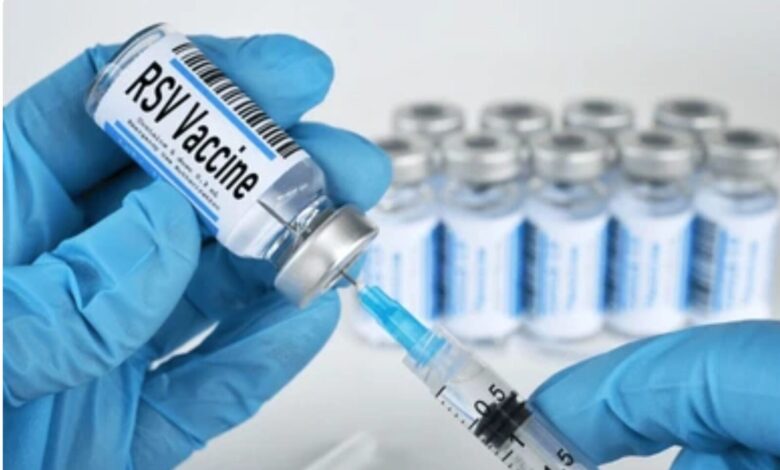
In my sixty years of association with the health care industry and the medical profession, I have never seen such as much confusion, innuendo, and animosity directed toward one subject as is currently directed toward vaccines. All this upheaval stems from the many problems that accompanied COVID-19 vaccines. Foremost among those was mistrust of medical authorities engendered by the high level of anxiety caused by the virus, beginning with its origins in China, to masking and social distancing, and to mandates of new and only partially proven vaccine technology. There was such a massive societal transformation from free will and confidence to isolation and fear that people lost faith in staid institutions. Vaccines are one of those institutions.
Today, it seems there is a vaccine for just about everything. There are too many vaccines, really. Each developer and manufacturer has numerous reasons why “his” vaccine is a vaccine that’s right for you. They create a market for the vaccine and justify its use to keep demand up and revenues coming in.
According to Google, there are at least 25 vaccines. No one gets all 25, but children get at least fifteen (15) before the age of 18. The bulk of the total is given during the first two years of life, when an infant’s immune system is just developing and when they are most susceptible to adverse effects. In my early days of practice, I didn’t have much concern about vaccinations because we gave only DPT (diphtheria, pertussis, tetanus) and oral polio. Then came HIB (hemophilus influenza type B), a vaccine against the bacteria that was a leading cause of ear infections and other upper respiratory illnesses. I accepted it as a good addition to the regimen.
In 1991, the Advisory Committee on Immunization Practices (ACIP) decided to give the new Hepatitis B vaccine to newborns. This confused me and seemed overkill because Hepatitis B was a sexually transmitted disease and was common in IV drug abusers. It didn’t affect infants and children. Why are we giving this vaccine to infants and adding another antigen to test their immune system? I dutifully went along with the recommendation not feeling entirely right about what I was doing.
In the ensuing 30-plus years, many more vaccines have been added. Meningitis, cervical cancer, rotavirus, and respiratory syncytial virus, among others, now have their own vaccine that is given in the early years of life. Only one vaccine, smallpox, has been discontinued, because a massive immunization campaign eradicated the disease in 1980. Smallpox vaccination is done now, only in situations of special need.
In 2020, along came COVID-19 and messenger RNA (mRNA) vaccines. Thus began the age of mistrust with uncertainty of COVID vaccine safety and efficacy. Did COVID vaccine work? The virus mutated so often it was difficult to know. The vaccine was developed rapidly and was untested so how do we know it is safe? Was immunity long-lasting or short-lived? Mistrust still is present in a large percentage of the public. Resentment over being forced to take a little-tested vaccine has persisted. So the public and public health authorities are at odds.
A recent incident involving Merck and Co.’s MMRV (Measles, mumps, Rubella, Varicella (chicken pox)) vaccine has drawn attention. This Quadrivalent (4 components) vaccine has the potential to produce febrile seizures in children under age 4 years. The ACIP voted that children under 4 should not receive MMRV vaccine, but instead receive Varicella separately. Febrile seizures occasionally occur after vaccinations or when a child has a fever. They scare the dickens out of parents (and doctors) and although they are proven to not be harmful, there is no reason to put a child at risk of having one. Your child may be the one who aspirates (chokes) or becomes anoxic (starved of oxygen) and suffers brain injury. There is no reason to take this risk. Steering away from adding more antigenic load to an infant’s immune system is much safer for the child, and I agree with separating these vaccines from one another as much as possible.
A part of the age of mistrust I am avoiding is a discussion on vaccine denial. There is extreme passion on both sides of the argument so I prefer not to opine. Suffice it to say, I think there are too many vaccines and no one needs all of them. However, vaccines have eradicated disabling and deadly childhood diseases, such as polio, which put fear into every parent for decades. Families can now live reassured their children will be protected. The issue of vaccines and Autism Spectrum Disorders is important but beyond this discussion. It’s too volatile to touch. I hope all this upheaval can soon settle down and people agree once again.
Reference: Ault A. ACIP Votes Against Use of MMRV Vaccine as First Dose. Medscape 2025 September 19.




